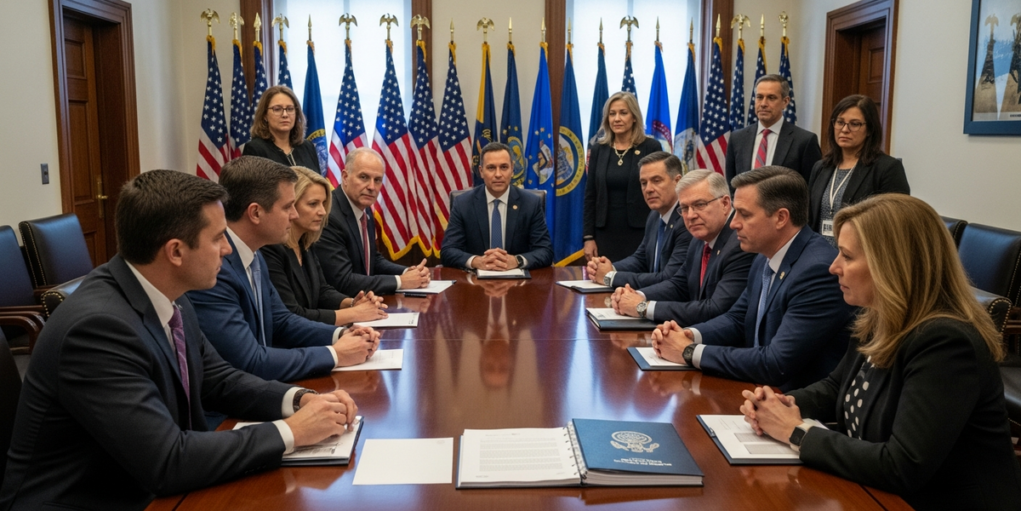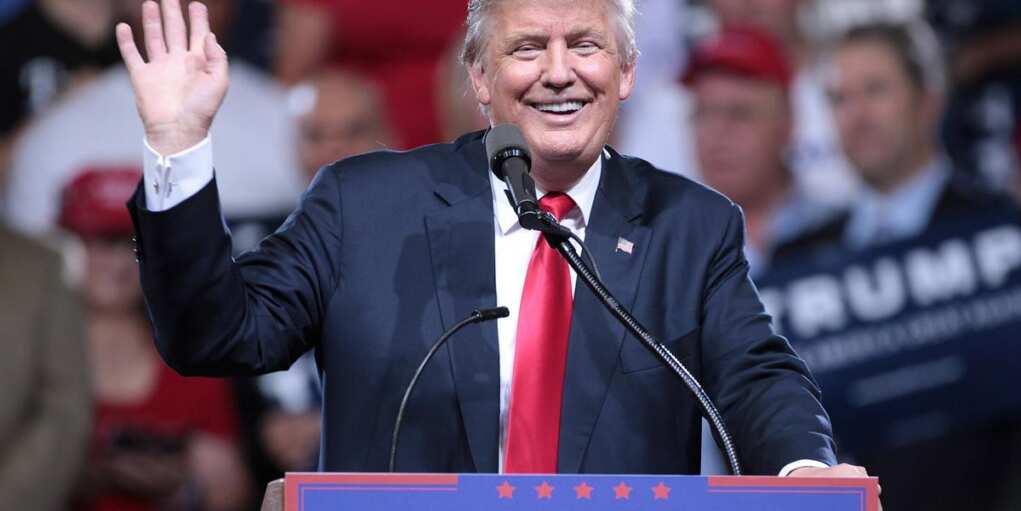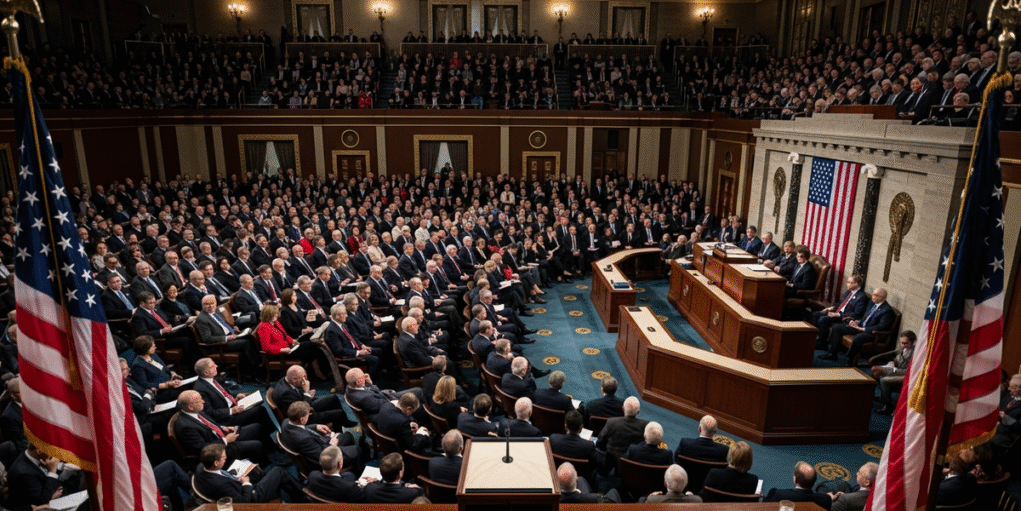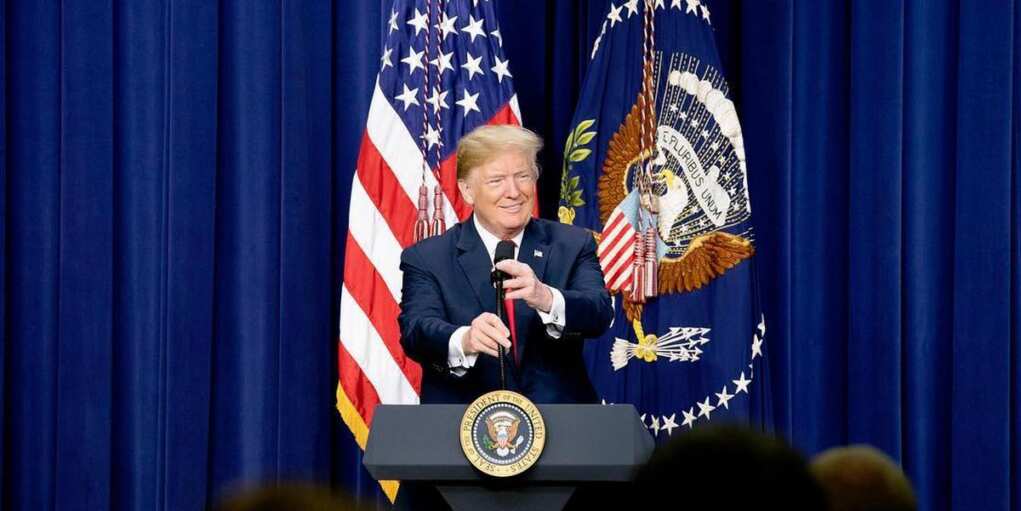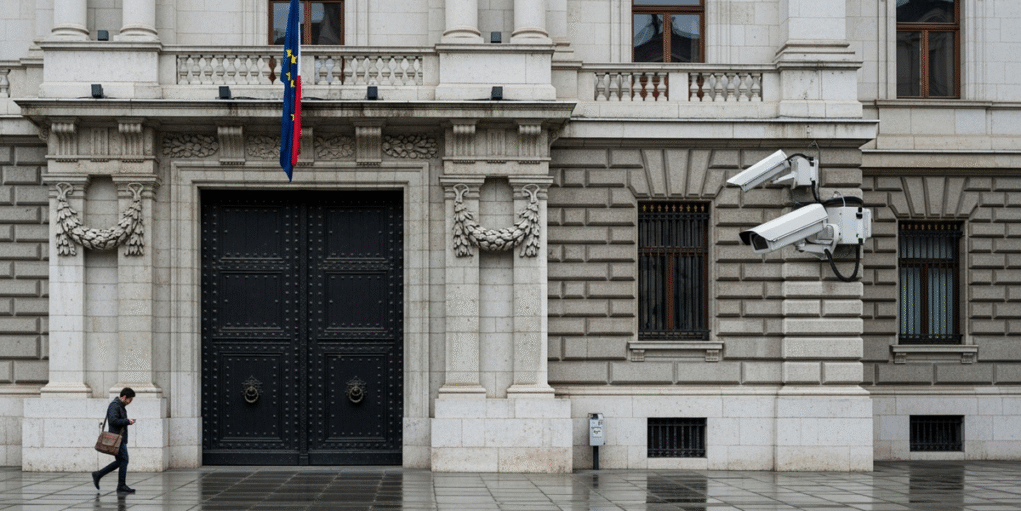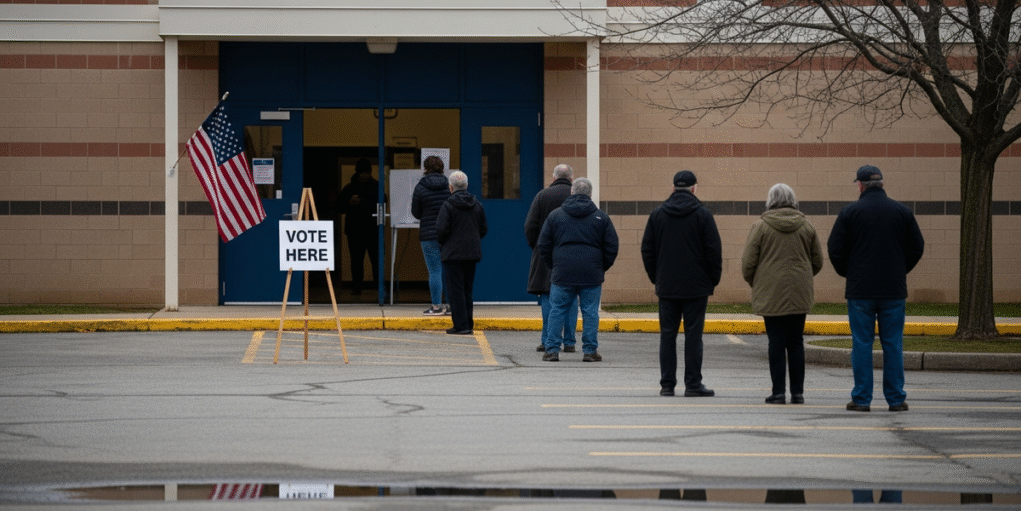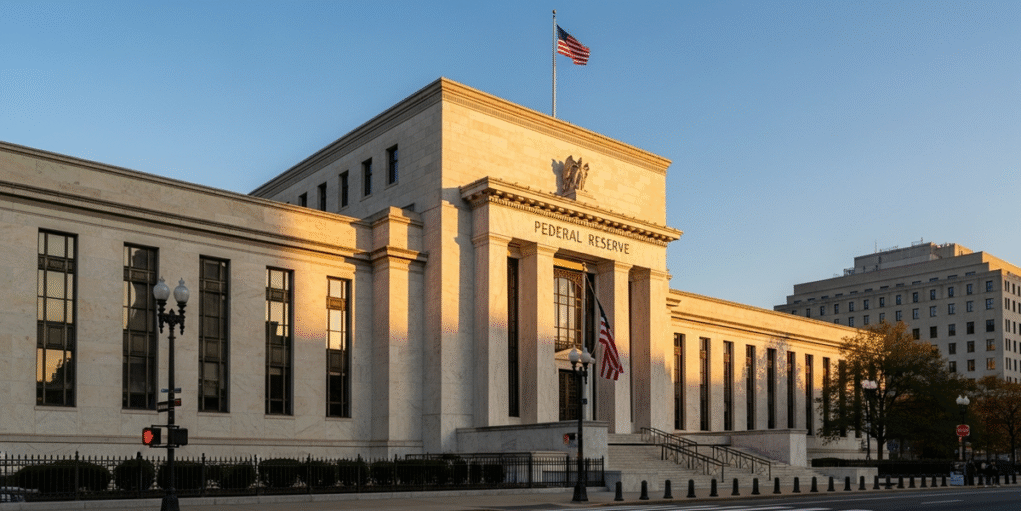Another Forever War? JD Vance Issues Perfect Response
Remember when America’s political class would just keep war going? For decades? With no plan, no objective, and no end date? Folks would die. Trillions would vanish. And the same recycled generals would go on cable news insisting we just needed more time and more money. That era is officially over. VP JD Vance showed […]
CNN’s Worst Fear Isn’t Low Ratings — It’s This
Somewhere inside CNN’s headquarters, a quiet dread is settling over the cubicles like fog rolling into a graveyard. Not because ratings are in the toilet — they’ve been there so long the network has a permanent seat. No, the fear is something far worse than low viewership. Someone might make them be balanced. The Dominoes […]
JD Vance Builds Army Of State Fraud Fighters
When Trump announced at the State of the Union that JD Vance would lead the federal government’s “war on fraud,” the Democrats laughed. Schumer cracked jokes. The media rolled their eyes. Another political stunt, they said. Three days later, 40 state financial officers from 28 states just volunteered for duty. And they brought the receipts. […]
Trump Humiliates Robert De Niro With 2 Word Insult
There was a time when Robert De Niro was the most intimidating man in American cinema. Travis Bickle. Vito Corleone. Jimmy Conway. The guy could make you feel unsafe just by tilting his head. Now he’s weeping on Nicolle Wallace’s podcast about “lifting people up.” How the mighty have fallen. And they didn’t even trip […]
5 Top Moments From Trump’s SOTU Address
Donald Trump’s State of the Union ran an hour and forty-eight minutes — the longest in modern history. Democrats will tell you it was too long. Republicans will tell you it wasn’t long enough. And the country will remember about five moments that, taken together, paint a portrait of where America is and where the […]
Trump Pushes His Agenda To The “Maximum Legally Allowed”
There’s a law on the books that’s been sitting untouched since Gerald Ford signed it in 1974. Fifty-two years. No president has ever invoked it. It’s been gathering dust in the U.S. Code like a fire extinguisher behind glass — there for emergencies, never needed, almost forgotten. Until Friday. The Supreme Court struck down Trump’s […]
Globalists Push For More Dictator Powers
Emmanuel Macron stood in front of cameras in India this week and said something that would have gotten him laughed out of any American political conversation. He called free speech “pure bullshit.” Not hate speech. Not misinformation. Not some narrow category of dangerous content. Free speech itself. The foundational principle of Western civilization. The right […]
MAGA Win! We’ve All Been Waiting For This
Remember when every economist with a cable news contract told you that Trump’s tariffs would send prices through the roof? That your grocery bill would double? That inflation was about to come roaring back the moment tariffs hit? The companies that actually set prices just filed their answer. And it’s not what the doomsayers predicted. […]
Democrats Demand “Sanctuary Locations” At Polls
There’s a rule in politics: when someone tells you who they are, believe them. Democrats just told us something very interesting, and they didn’t even realize they were doing it. While threatening to shut down the government over DHS funding — again — Senate Democrats released their wish list of demands. Judicial warrants instead of […]
“Arctic Sentry” Operation Launched, Trump Eyes Takeover
Remember when the entire media class spent weeks mocking Trump for wanting to buy Greenland? Remember the hot takes, the late-night jokes, the editorial board condescension? “He thinks you can just buy countries!” they howled, wiping tears of laughter from their eyes while completely missing the point. Nobody’s laughing now. NATO just launched “Arctic Sentry” […]
Mexican Cartel Drones Target America
Here’s your Wednesday morning headline that should’ve led every newscast in America but didn’t: Mexican cartel drones penetrated U.S. airspace over El Paso, the Department of War disabled them, and the FAA shut down all flights over the city under a deadly-force authorization. Read that again. Deadly force. Over a U.S. city. Because drug cartels […]
Democrats Freak Out Over New Fundraising Numbers
There’s a special kind of panic that hits a political party when their own strategists start borrowing punchlines from Jay-Z to describe the opposition. That’s where Democrats find themselves right now — staring down a fundraising gap so wide you could drive a fleet of Trump Force One jets through it. The numbers are brutal. […]
Trump Responds To Olympic Skier Who Disrespected America
Imagine this. You’ve trained your entire life for one moment. You’ve made the United States Olympic Team. You’re in Milan, representing the greatest country on Earth on the world’s biggest athletic stage. And your first instinct is to grab a microphone and complain about how hard it is to wear the American flag. Meet Hunter […]
Bill Gates Could Lose Everything
There’s a moment in every scandal where the walls start closing in. It’s not the first accusation. It’s not the investigation. It’s when the people closest to you stop defending you and start pointing at you instead. Bill Gates just hit that moment. And her name is Melinda. The Department of Justice dropped three million […]
Trump Just Fundamentally Changed America’s Economy
Jerome Powell ran the Federal Reserve for eight years. During that time, inflation hit 40-year highs. Interest rates whipsawed from near-zero to levels that crushed homebuyers. The Fed’s balance sheet ballooned to $6.6 trillion. And the central bank spent time and resources joining global climate change groups, implementing ESG frameworks, and pursuing DEI initiatives. In […]



